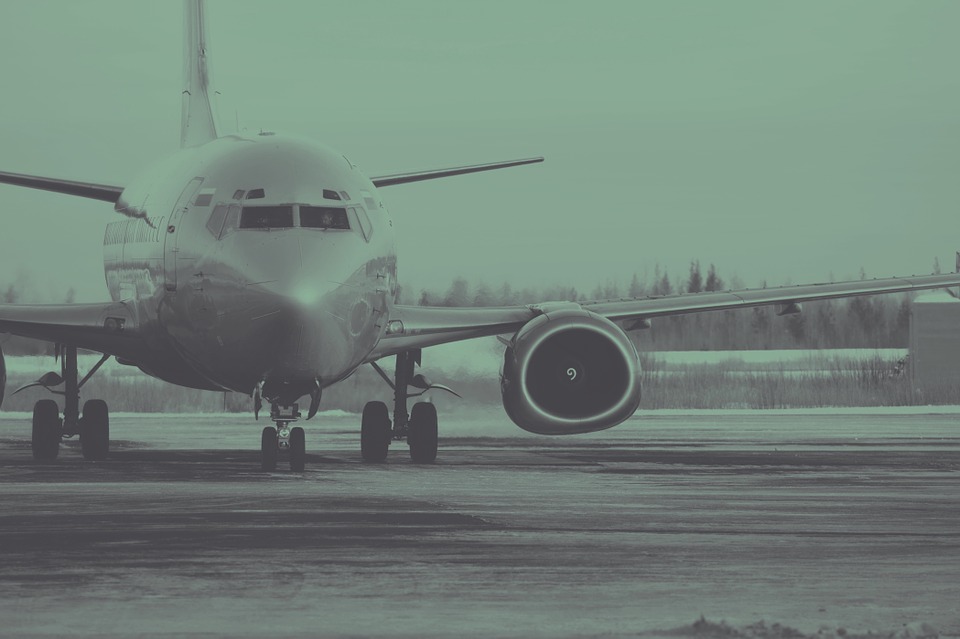
ISO 9001, managed by the International Organisation for Standardisation (ISO), is an international standard that organisations and businesses follow when implementing a QMS (quality management system). As such, it is able to be utilised by any service or manufacturing company in any industry sector. AS9100, however, is designed for exclusive use by defence, aviation and space organisations, often known as the aerospace industry and is managed by the International Aerospace Quality Group (IACG) and the Aerospace Department of SAE International. So, what does the AS9100 standard consist of that makes it different from ISO 9001? Let's find out!
AS9100 Structure
The structure of the AS9100 standard has been built on the foundations created by the ISO 9001 standard, as this has become the fundamental requirement for implementing a QMS for many organisations around the globe. The AS9100 standard takes the same requirements found in ISO 9001 and simply adds additional notes throughout. As a result, it would be feasible to implement a QMS that is compliant with ISO 9001, with the implementation of these additional requirements that apply only to a smaller division of your company that engages with the aerospace industry.
AS9100 Additional Requirements
One of the major additions that the AS9100 standard focuses on is in the requirements for 'planning for product realisation', which includes a greater emphasis on risk and product management, control of work transfers, and configuration management of products. Risk identification and assessment are seen as essential components within the aerospace community, therefore these are carried throughout each requirement of the standard.
Another addition occurs in the 'design and development' section of the standard. Additional prescriptive requirements for testing and documentation are included as well as instructions for design validation and verification. This section of design changes is linked back to the added section on configuration management.
The largest amount of change occurs in the 'product and service provision' section of the standard, which sees the biggest difference in implementation from industry to industry. A number of important requirements involve control of changes to production processes, support after delivery and specific product preservation methods such as shelf life control, which are common within the aerospace industry.
Application of AS9100
These are just a number of the many additional requirements that AS9100 adds to the IS0 9001 standard for the specific use within the aerospace industry. As a result, these added requirements have little application outside of the industry. If you have parts of your company that are related to this industry or are thinking about adding departments which focus on the aerospace industry, taking the time to look into the possibility of adding the specialised requirements may be of some benefit and a good first step.
If you require any assistance with a quality management system or with achieving ISO 9001 certification, please do not hesitate to contact NPT Management Systems today.
Contact Us >